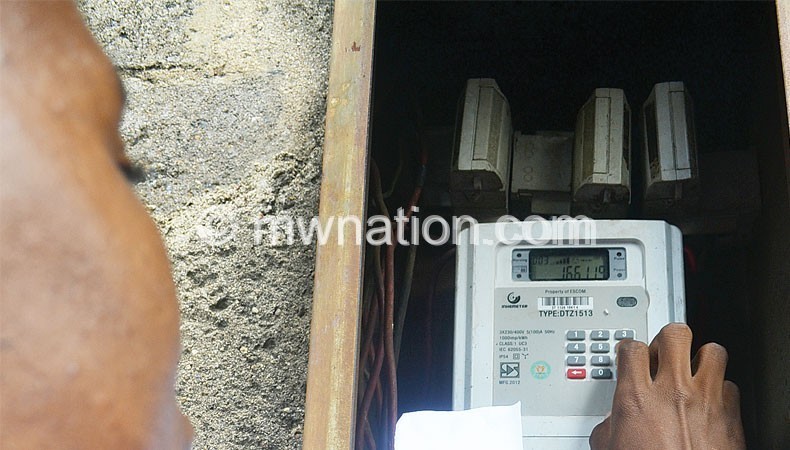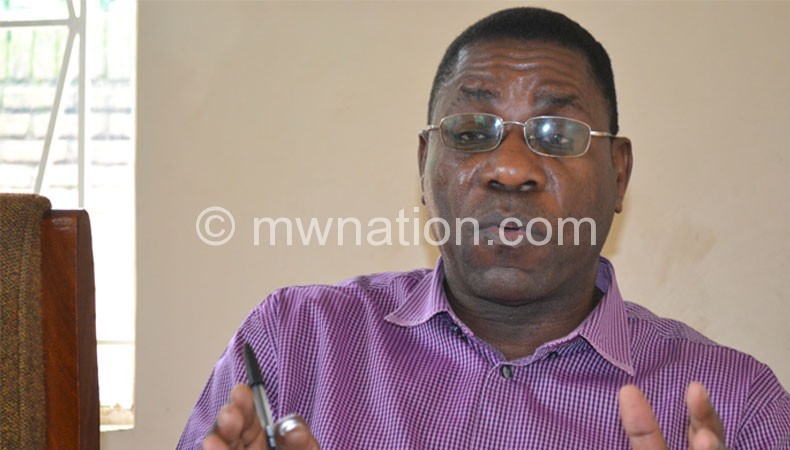Mixed reactions to power tariff hike
There have been mixed reactions to the approval by Malawi Energy Regulatory Authority (Mera) of a tariff hike for electricity from the current average of K35.69 to K40.59 per kilowatt-hour effective November 2 2015.
The tariff adjustment, announced on Wednesday in Lilongwe at a news conference, represents 13.7 percent.

Initially, Electricity Supply Corporation of Malawi (Escom) requested the regulator approve a second tranche of its proposed hike pegged at 18.39 percent.
Reacting to the development, Consumers Association of Malawi (Cama) executive director John Kapito queried the basis of Mera’s decision, observing that Escom has failed in all the key performance indicators necessitating further electricity price hike.
He said: “If this tariff adjustment is restricted to the automatic price adjustment formula which also looks at the depreciation or value of the kwacha, then we don’t have a problem. But if this hike is tied to the key performance indicators of Escom, then we have a problem and it is wrong.”

But Economics Association of Malawi (Ecama) executive director Edward Chilima says it was expected for electricity tariffs to go up in view of the recent sharp weakening of the local currency and rising inflation rate.
However, Chilima reminded Escom to swiftly embrace the public sector reforms being championed by government, noting that, currently, there are many inefficiencies in the management of parastatals.
Legally, electricity tariffs are expected to be reviewed every four years and since 2008, there have been two electricity base tariff reviews.
The first base tariff increase was for years, 2009 to 2013, while the second one is being implemented in phases from 2014 to 2017.
Yesterday’s announcement on electricity price hike, therefore, comes on the back of another tariff increase of 13.5 percent, which the Mera board approved on April 4 2014.
Briefing journalists in Lilongwe, Mera board chairperson Dingiswayo Jere said Mera has reviewed the impact of the movements in the macroeconomic fundamentals of exchange rate and inflation before effecting the hike.
He said: “The impact of the depreciation of the kwacha and rising inflation over the period has eroded the value of the current average electricity tariff from K35.69, which was equivalent to $0.9 in April 2014 when this tariff increase was being implemented, to $0.6 in September 2015.”
Besides, Jere said Escom has also continued to improve on its financial position in the tariff implementation period ending June 2015.
He said: “The approved tariff is intended to catalyse a financially healthy and self-sustaining electricity sector that is capable of generating sufficient revenue and credit worthiness for Escom at fair and reasonable tariffs to end-users.”





